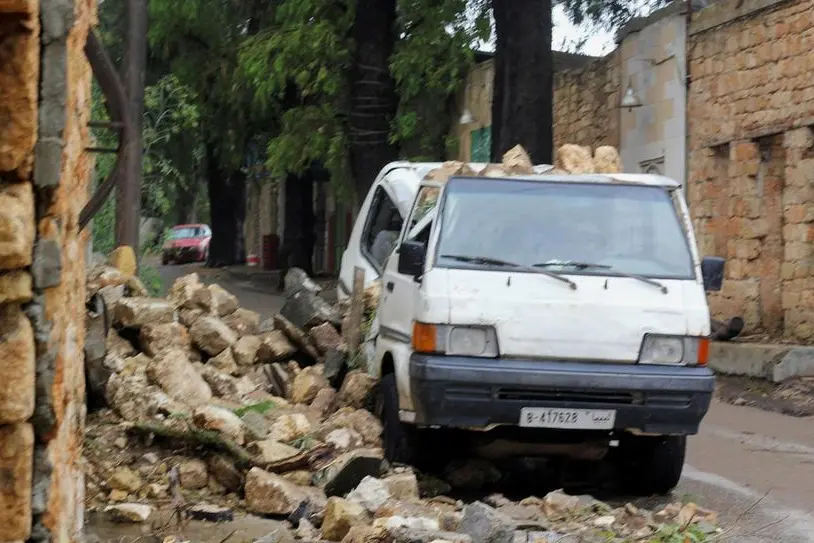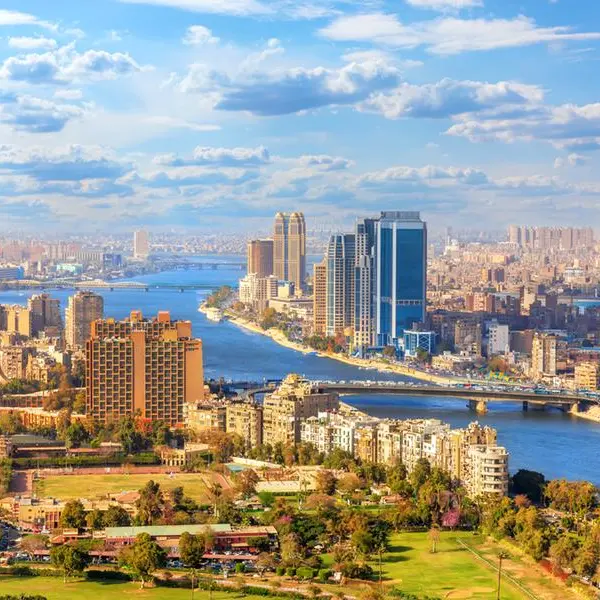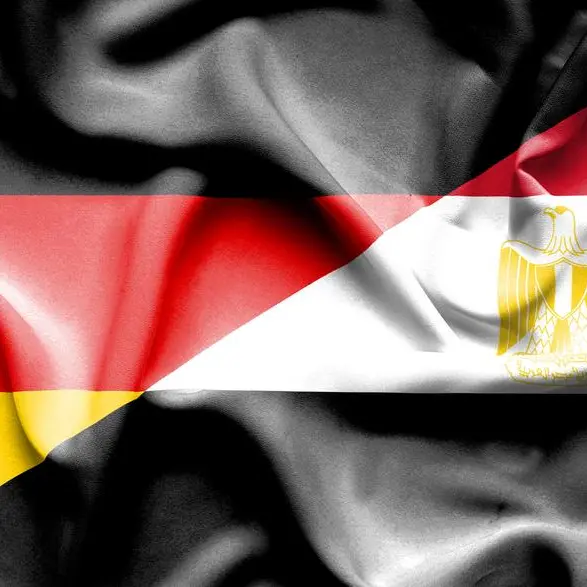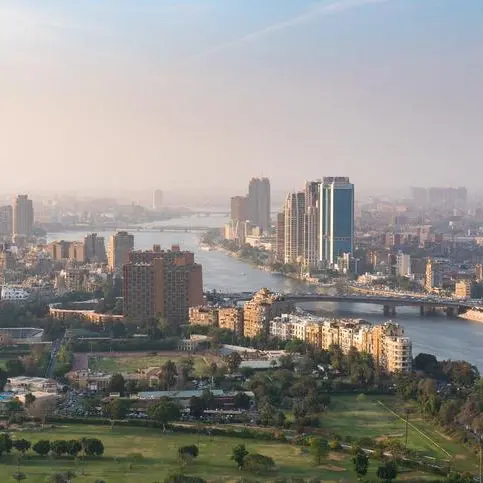PHOTO
At least 150 people were killed when freak floods hit eastern Libya, officials said yesterday, after storm “Daniel” swept the Mediterranean, its torrential rains earlier lashing Turkiye, Bulgaria and Greece.
Images filmed by residents of the Libyan disaster area showed massive mudslides, collapsed buildings and entire neighbourhoods submerged under muddy water.
Speaking on Libyan network Almasar, Oussama Hamad, prime minister of the east-based government, reported “more than 2,000 dead and thousands missing” in the city of Derna alone, but no medical sources or emergency services have confirmed such figures.
While media outlets in eastern Libya have largely picked up on Hamad’s remarks, separate tolls reported from various areas add up to far lower figures.
Mohamed Massoud, a spokesman for Hamad’s Benghazi-based administration, said earlier that “at least 150 people were killed as a result of flooding and torrential rains left by storm Daniel in Derna, Jabal al-Akhdar region and the suburbs of Al-Marj”.
“This is besides the massive material damage that struck public and private properties,” he said.
Hundreds of residents were still believed to be trapped in difficult-to-reach areas as rescuers, backed by the army, were trying to come to their aid.
East Libyan authorities had “lost contact with nine soldiers during rescue operations”, Massoud said.
He said Hamad and the head of a rescue committee as well as other ministers had travelled to Derna to evaluate the extent of the damage.
Experts have described storm Daniel — which killed at least 27 people when it struck parts of Greece, Turkiye and Bulgaria in recent days — as “extreme in terms of the amount of water falling in a space of 24 hours”.
Hamad’s government — which in war-battered Libya rivals a UN-brokered, internationally recognised transitional administration in Tripoli — yesterday declared Derna a “disaster area”.
Libya’s western government under Abdelhamid Dbeibah, during an extraordinary ministerial meeting broadcast live on television, announced three days of national mourning and emphasised “the unity of all Libyans” in the face of the disaster.
The National Petroleum Company, whose main oilfields and terminals are in eastern Libya, declared “a state of maximum alert” and suspended flights between production sites where activity was drastically reduced.





















